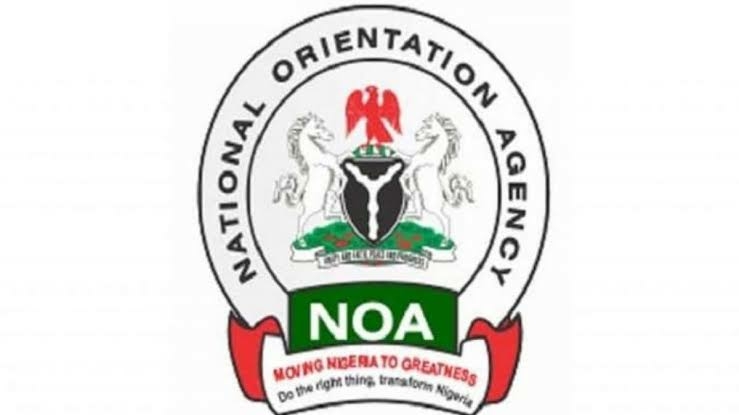The State Director, National Orientation Agency (NOA) in Anambra, Mr. Charles Nwoji, has called on Nigerians to drop their preference for foreign goods and patronize made-in-Nigeria products.
Nwoji made the call on Wednesday at a news conference in Awka.
He described the patronage of locally made products against their foreign substitutes as a strategic means to encourage local industries and also grow the nation’s economy.
According to the state NOA boss, the economy of any nation grows rapidly when locally made products and services are promoted and patronized by its citizenry.
He said, “A nation needs to first patronize its own products to grow its economy if the people are sure and proud of their products and services.”
Nwoji said that at different times in the past, NOA engaged various stakeholders and sectors at all levels in Anambra on the matter.
“The engagement was to promote the local products by asking people to consume what they produce. So, we focused on the need to ensure that the Nnewi Industrial Zone was provided adequate power supply for its industrial needs,” he said.
Nwoji said that the agency engaged in the advocacy in order to enhance productivity.
He said that there was a need for a sustained national campaign, continuous sensitization, and re-orientation of Nigerians, especially Anambra people, to change their attitude towards locally made products.
Nwoji said the country needed strong advocacy “to revive the moribund industries in order to create job opportunities and restore the pride of Nigeria as a nation.
He said that in the long run, the advocacy would help to boost the nation’s foreign reserve and promote the Nigerian spirit.
“Charity, they say, begins at home, and truly no nation will develop when its economy is at the mercy of foreign products and services,” he said.
He described developed nations of the world as those whose economies are largely based on production.
He said that most Nigerians suffer the desire-for-foreign goods syndrome because of social symbol and claim that foreign products are superior to their locally made substitutes.
Nwoji said although the claim might not be totally wrong, it is worrisome and economically dangerous to abandon locally made products in preference for foreign goods.
“The worst is that manufacturers in reaction to the development have resorted to deceptive branding of their products with foreign labels and tags. This translates to giving credit for quality products that were produced in Nigeria to other countries,” he said.
He said the consequence of identity product theft was capable of leading to capital flight and a decline in the nation’s Gross Domestic Product.
Nwoji said that NOA was ready to continue to encourage Nigerian manufacturers to take pride in their own products.
He also said the agency was encouraging the local industries to make themselves competitive by producing quality goods that would stand the test of time.
“Our local manufacturers need to appropriately and beneficially showcase Nigerian products and services to the world,” he said.
Nwoji said that the agency would soon take its advocacy for commerce, agro-allied industries, textile and leather workers, entrepreneurs and Persons Living with Disability, amongst others, to Okpoko in Onitsha.
He said that both federal and state governments were making efforts to provide adequate security as well as funds and power to encourage sustainable growth in the manufacturing sector.

















Discussion about this post